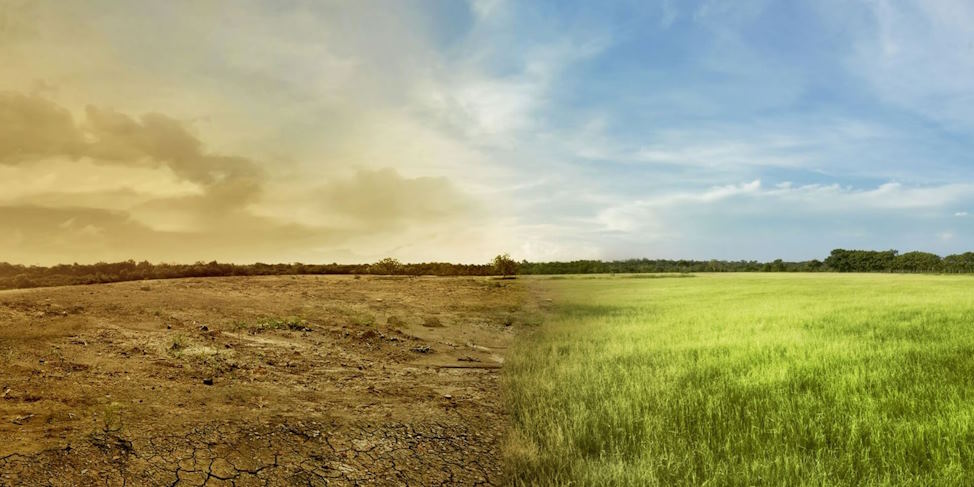When it comes to environmental issues, size doesn’t always matter. Small nations worldwide have proven they can make a big impact in addressing environmental challenges and championing sustainable practices. Despite their limited land area and resources, these countries have taken bold steps to prioritize environmental protection and sustainability. Let’s explore some of the key environmental issues small nations face and the innovative approaches they have adopted to address them.
Climate Change and Vulnerability
Small nations often face significant challenges related to climate change, including rising sea levels, extreme weather events, and ecosystem disruptions. Countries like Maldives, Tuvalu, and Seychelles are particularly vulnerable to the impacts of climate change. These nations have been at the forefront of international climate negotiations, advocating for stronger emission reduction targets and promoting renewable energy adoption. They have also implemented adaptation measures such as coastal protection, sustainable tourism practices, and climate-resilient infrastructure.
Biodiversity Conservation
Despite their small size, many small nations boast rich biodiversity and unique ecosystems. Protecting these valuable natural resources is a priority for countries like Costa Rica, Bhutan, and Iceland. These nations have implemented strict conservation policies, established protected areas, and invested in sustainable land and marine management. They contribute to global efforts to preserve the planet’s natural heritage by prioritizing biodiversity conservation.
Sustainable Energy Transition
Small nations have also been at the forefront of the sustainable energy transition. Countries like Iceland, rich in geothermal and hydroelectric resources, have successfully transitioned to renewable energy sources, reducing their reliance on fossil fuels. Others, such as Denmark and Luxembourg, have made significant progress in promoting energy efficiency, investing in wind power, and implementing innovative grid systems. These countries serve as models for transitioning to a low-carbon economy.

Waste Management
Waste management is a pressing environmental issue worldwide, and small nations have shown leadership in this area. For instance, Singapore has implemented a comprehensive waste management system, including recycling programs, waste-to-energy facilities, and strict regulations on waste disposal. Malta has also made strides in waste management, implementing initiatives such as recycling campaigns and waste reduction programs. These countries demonstrate that effective waste management practices can be achieved even in limited spaces.
Water Conservation
Small nations often face water scarcity due to limited freshwater resources. As a result, they have developed innovative solutions for water conservation. For instance, Cyprus has implemented desalination plants and water reuse systems to address water scarcity. Malta has implemented rainwater harvesting and water-saving technologies to ensure sustainable water use. These practices demonstrate the importance of water conservation and efficient management strategies.
Sustainable Tourism
Many small nations heavily rely on tourism for their economies. However, they face the challenge of balancing economic growth with environmental sustainability. Countries like Belize and Palau have implemented sustainable tourism practices, focusing on conservation, responsible visitor management, and community engagement. By prioritizing sustainable tourism, these nations strive to protect their natural and cultural assets while providing economic benefits to local communities.


